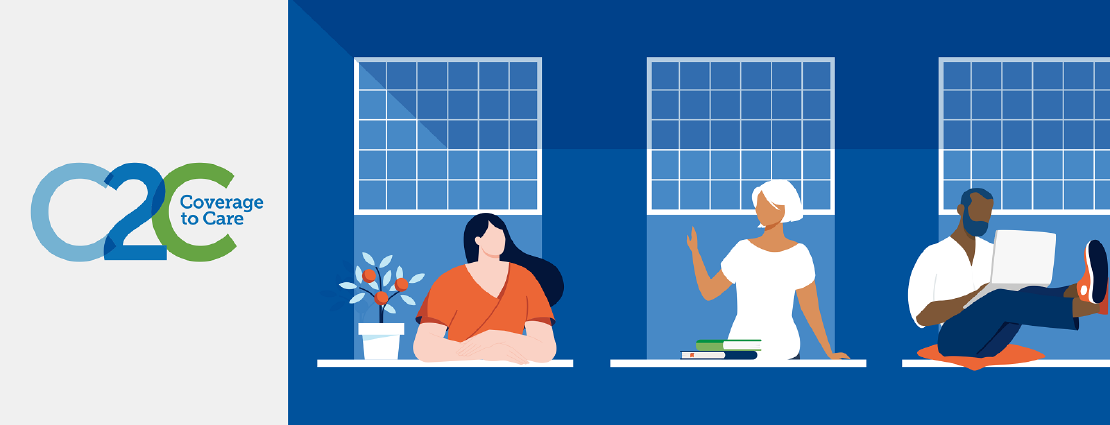In today’s rapidly evolving healthcare landscape, Electronic Health Records (EHR) have emerged as a critical tool for healthcare providers to streamline operations, improve patient care, and enhance data security. In this comprehensive guide, we’ll delve into the world of EHR systems, exploring their benefits, functionalities, and their role in shaping the future of healthcare.
Understanding Electronic Health Records (EHR)
EHRs, often used interchangeably with Electronic Medical Records (EMRs), are digital versions of patients’ paper charts. They contain comprehensive information about a patient’s medical history, treatment plans, medications, and more, all accessible at the click of a button.
Key Benefits of EHR Systems
Efficiency: EHRs simplify administrative tasks, reducing data entry time and minimizing errors. Improved Patient Care: Real-time access to patient data enables quicker decision-making and better care coordination. Enhanced Data Security: EHRs offer robust security measures, protecting patient information from unauthorized access. Interoperability: Many EHR systems are designed to integrate seamlessly with other healthcare technologies, facilitating data exchange among different providers. Choosing the Right EHR System
Selecting the appropriate EHR system is crucial. Factors to consider include:
Scalability: Ensure the EHR system can grow with your practice. User-Friendliness: An intuitive interface is vital for user adoption. Customization: Tailor the system to your specific practice needs. Compliance: Ensure the system complies with HIPAA and other healthcare regulations. Implementing EHR in Your Practice
Successful EHR implementation requires careful planning. Consider:
Training: Comprehensive training for staff ensures effective system utilization. Data Migration: Safely transfer existing patient data to the new EHR system. Testing: Rigorous testing minimizes disruptions during transition. The Future of EHR
EHR systems continue to evolve. Key trends include:
Telemedicine Integration: EHRs are adapting to accommodate the rise of telehealth services. Artificial Intelligence (AI): AI-powered EHRs can analyze vast datasets for insights. Patient Portals: Enhanced patient engagement through secure online portals. Conclusion
Electronic Health Records (EHR) have become indispensable in modern healthcare. They offer efficiency, improved patient care, and enhanced security. Choosing the right EHR system and implementing it effectively are essential steps toward reaping the full benefits of this transformative technology.
For more information on EHR systems and healthcare technology, explore https://www.medvisecorp.com , where we provide valuable resources and solutions for the healthcare industry.
In the vibrant business community of St. Petersburg, Florida, Sean Ross stands as a prominent figure and a visionary entrepreneur. With a dynamic background and an MBA to his name, Sean has carved a path of entrepreneurial success that spans industries. As a three-time founder, he has demonstrated his exceptional ability to identify opportunities and transform them into thriving businesses. Sean’s strong leadership, coupled with his passion for innovation, has been instrumental in his ventures’ achievements. His commitment to excellence and his profound understanding of business strategies have not only garnered success but have also solidified his reputation as a driving force in the business world. Sean Ross is a true embodiment of entrepreneurship in St. Pete, Florida, and his journey continues to inspire and shape the local business landscape.
Related Links:
Benefits of EHR Systems Choosing the Right EHR System EHR Implementation Best Practices The Role of AI in EHR
Medvise and Electronic Health Records (EHR) are two cornerstones of modern healthcare, working together seamlessly to enhance patient care and streamline medical practices.


